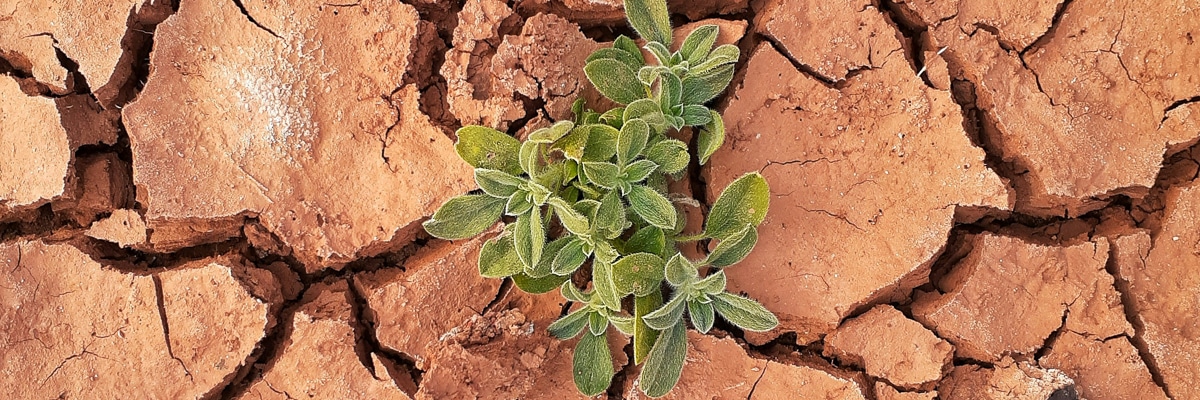
Thank you to all who have donated to support the Daily Meditations over the past week! Your generosity and partnership make all of this possible. If you haven’t donated yet and wish to do so, please consider making a contribution or monthly gift at cac.org/dm-appeal. In gratitude for online donations of any amount now through the end of the month, we’ll send a digital version of our current edition of ONEING: Art and Spirituality. Click here to donate securely online. Thank you!
Our great mistake is that we tie hope to outcome. —Cynthia Bourgeault
Brian McLaren suggests a continuing source of hope not dependent on the outcome:
If we can see a likely path to our desired outcome, we have hope; if we can see no possible path to our desired outcome, we have despair. If we are unsure whether there is a possible path or not, we keep hope alive, but it remains vulnerable to defeat if that path is closed.
When our prime motive is love, a different logic comes into play. We find courage and confidence, not in the likelihood of a good outcome, but in our commitment to love. Love may or may not provide a way through to a solution to our predicament, but it will provide a way forward in our predicament, one step into the unknown at a time. Sustained by this fierce love (as my friend Jacqui Lewis calls it), we may persevere long enough that, to our surprise, a new way may appear where there had been no way. At that point, we will have reasons for hope again. But even if hope never returns, we will live by love through our final breath.
To put it differently, even if we lose hope for a good outcome, we need not lose hope of being good people, as we are able: courageous, wise, kind, loving, “in defiance of all that is bad around us.” [1] …
We feel arising within us this sustained declaration: We will live as beautifully, bravely, and kindly as we can as long as we can, no matter how ugly, scary, and mean the world becomes, even if failure and death seem inevitable. In fact, it is only in the context of failure and death that this virtue develops. That’s why Richard Rohr describes this kind of hope as “the fruit of a learned capacity to suffer wisely and generously. You come out much larger and that largeness becomes your hope.” [2] …
Hope is complicated. But … even if hope fails, something bigger can replace it, and that is love. [3]
Choctaw elder Steven Charleston places love at the center of our hope.
The key to stopping the environmental apocalypse is not science but love. For decades now we have been staring at the scientific reports. They have not sufficiently inspired us to change our apocalyptic reality. But where science has failed, faith can succeed. We must help humanity rediscover [Mother Earth], their loving parent, the living world that sustains them. We must help them feel her love just as we show them how that love can be returned. And it can begin by gathering people around two simple questions: Where were you in nature when you experienced a vision of such beauty that it took your breath away? And how did that make you feel? If you can answer those two questions, you are on your way to meeting the Mother you may never have known before. [4]
References:
[1] Howard Zinn, You Can’t Be Neutral on a Moving Train: A Personal History of Our Times (Boston, MA: Beacon Press, 1994), 208.
[2] Richard Rohr, A Lever and a Place to Stand: The Contemplative Stance, the Active Prayer (Mahwah, NJ: Hidden Spring, 2011), 104.
[3] Brian D. McLaren, Life after Doom: Wisdom and Courage for a World Falling Apart (New York: St. Martin’s Essentials, 2024), 84–85.
[4] Steven Charleston, We Survived the End of the World: Lessons from Native America on Apocalypse and Hope (Minneapolis, MN: Broadleaf Books, 2023), 109–110.
Image Credit and inspiration: Renzo D’souza, death and new life (detail), India, 2020, photo, Unsplash. Click here to enlarge image. How can we care for the tender seedlings on the parched soil of our beloved earth?
Story from Our Community:
Thank you for this year’s theme of Radical Resilience. I’m realizing that resilience can sometimes be knowing when to step back. I recently took on a leadership role and it is proving too much for me. For months, this experience has been very challenging and my first reaction is to feel shame and near constant anxiety. Rather than beat myself up and think I’m weak, I am beginning to see the underlying lessons about life and myself. Stepping away can be acknowledging the reality of the situation—and the reality is that I don’t have the answers. CAC’s Daily Meditations have been a welcome, fresh perspective for a jaded former Catholic like me. —Robert C.




